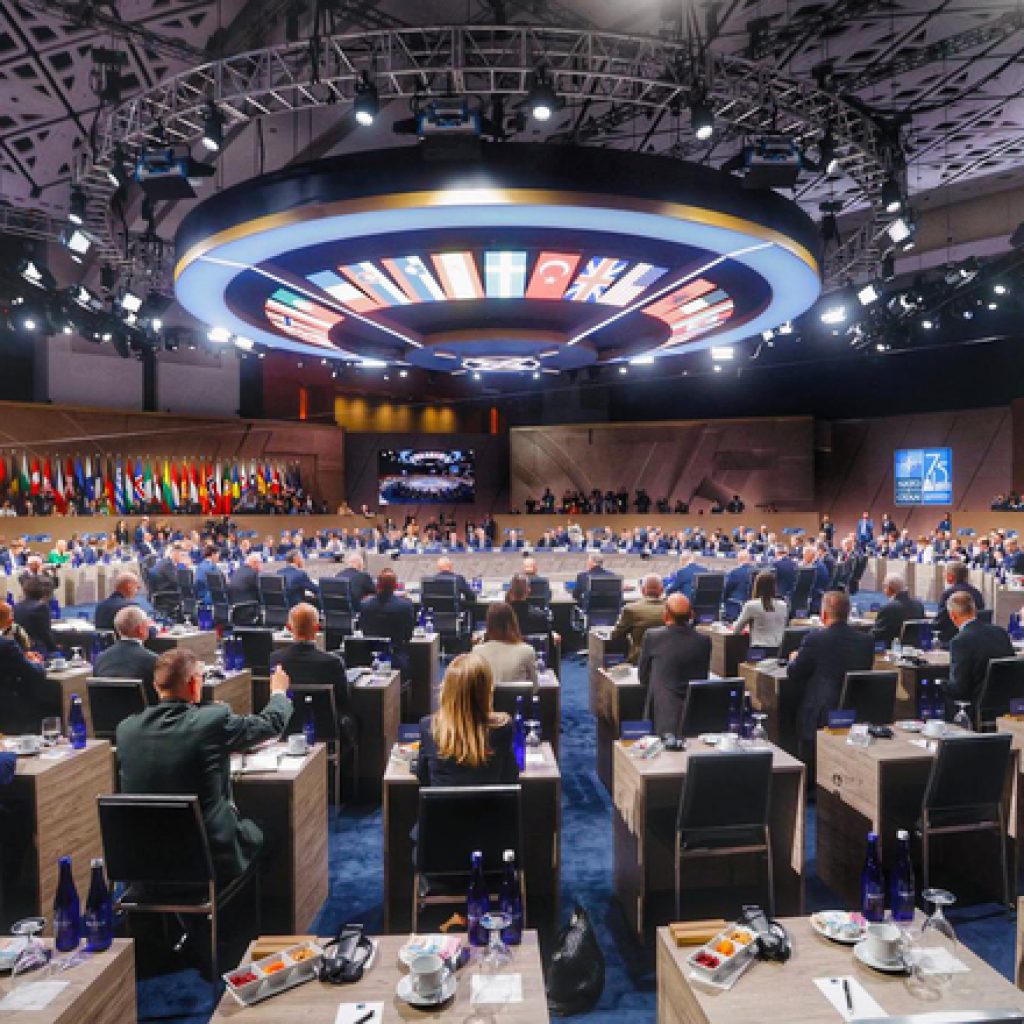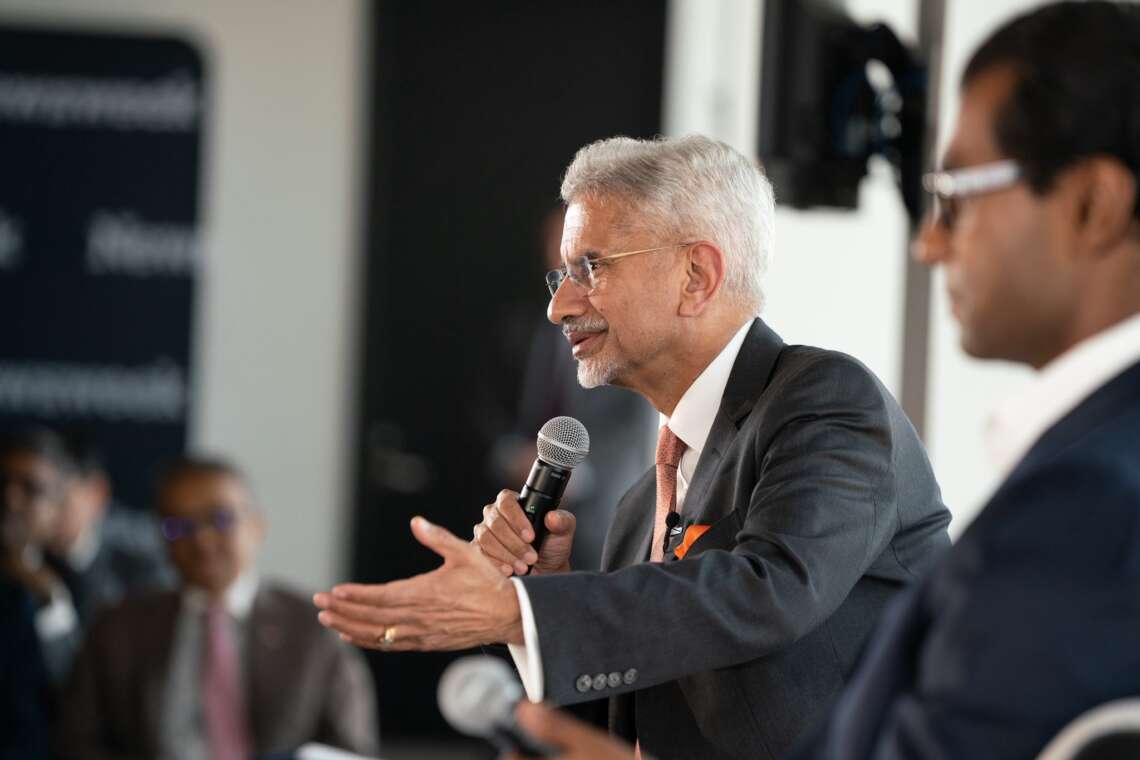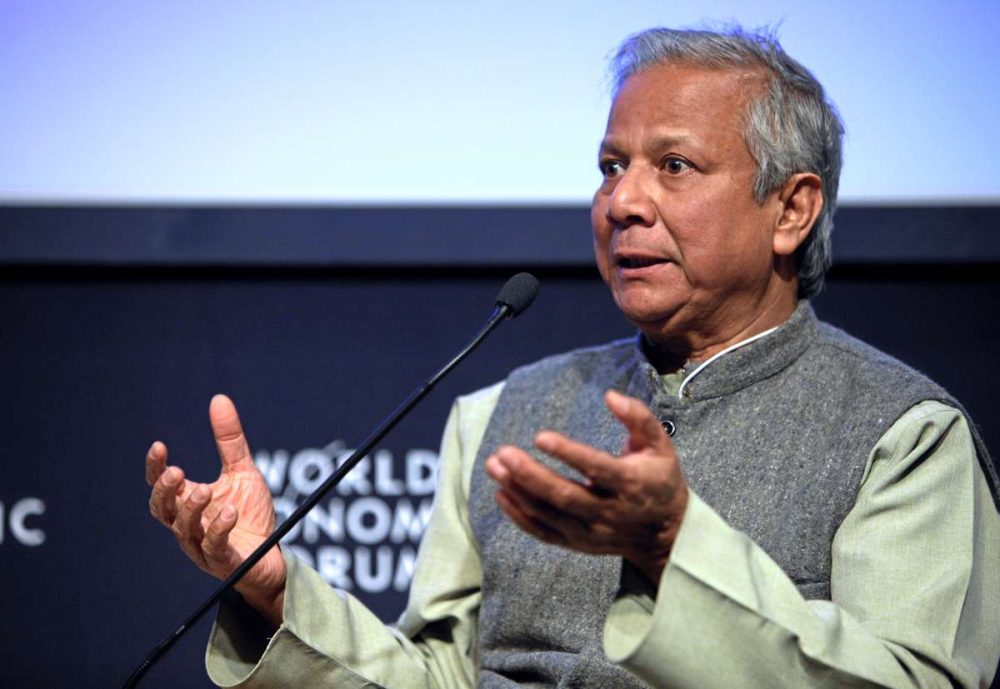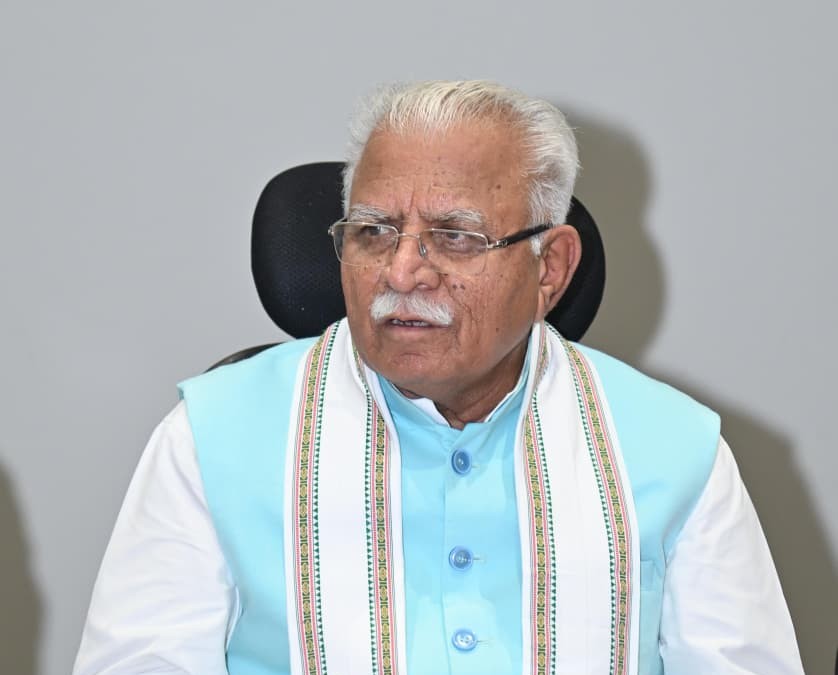This deployment involves temporary placements that may culminate in the permanent stationing of systems such as SM-6, Tomahawk cruise missiles, and advanced hypersonic weapons, exceeding current European capabilities in range….reports Asian Lite News
The United States and Germany announced plans to deploy long-range fire capabilities in Germany starting in 2026, aiming to bolster NATO and European defence, according to a joint statement released on Wednesday.
This deployment includes episodic placements leading to the permanent stationing of systems like SM-6, Tomahawk cruise missiles, and advanced hypersonic weapons, surpassing current European capabilities in range.
Both the Tomahawk and SM-6 missiles are manufactured by RTX’s Raytheon division. Ground-based missiles exceeding 500 kilometers were prohibited until the 2019 termination of the Intermediate-Range Nuclear Forces (INF) Treaty, originally signed by Mikhail Gorbachev and Ronald Reagan in 1987.
This landmark treaty marked the first major nuclear arms reduction agreement, eliminating an entire class of weapons.
In compliance, Germany, Hungary, Poland, and the Czech Republic dismantled their missiles in the 1990s, followed later by Slovakia and Bulgaria.
The US withdrew from the INF Treaty in 2019, citing Russia’s violations, particularly with the 9M729 ground-launched cruise missile (NATO designation SSC-8). Russia denied the allegations and subsequently halted development of banned INF-range missiles.
In June, Russian President Vladimir Putin announced plans to resume production of intermediate and shorter-range nuclear-capable missiles, citing US deployments in Europe and Asia.
Putin noted Russia’s earlier commitment not to deploy such missiles but criticized perceived US actions, including missile exercises in Denmark and their presence in the Philippines.

New NATO command in Germany
The North Atlantic Treaty Organisation will appoint a senior representative in Ukraine’s capital Kyiv “to deepen Ukraine’s institutional relationship with the alliance” and also announce a new military command in Germany for training Ukrainian troops, US National Security Adviser Jake Sullivan said.
Speaking at the NATO Summit Defence Industry Forum in Washington on Tuesday, Sullivan said that the transatlantic alliance will launch four new joint projects with its Indo-Pacific partners- Australia, Japan, New Zealand and South Korea its partners in the Indo-Pacific -relating to Ukraine, artificial intelligence, disinformation and cybersecurity.
He said that the ties between the United States, Europe, and the Indo-Pacific have “never been more important or more integrated than they are today.”
“Each initiative is different, but the main goal is the same- Harness the unique strengths of highly capable democracies to address shared global challenges,” Sullivan said at the event before the start of the three-day NATO summit to commemorate the 75th anniversary of the transatlantic alliance.
The US official noted that Russia’s defence industry is on a wartime footing and with help from Iran, China, North Korea, and is “attempting to undertake the most significant defence expansion since the height of the Cold War.”
“NATO can, NATO will, and NATO is rising to meet this challenge without disturbing, or distorting, our national economies the way Russia has. We are making robust investments in our defence industrial bases,” Sullivan said.
ALSO READ: China hits back at NATO














